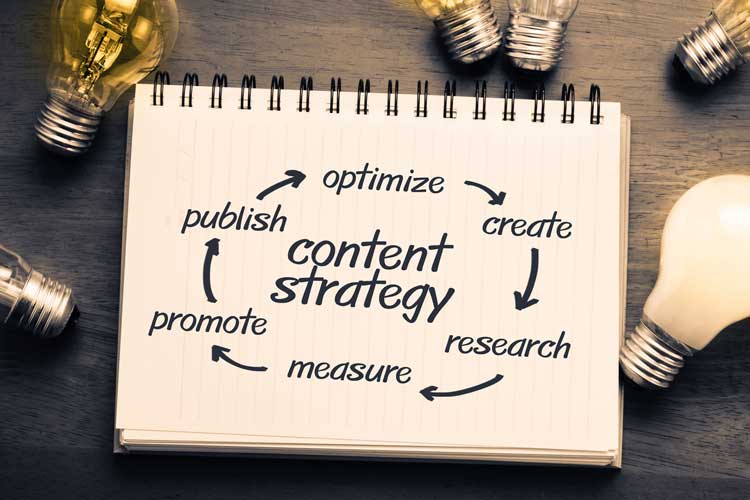Difference Between “Great” Content and Long-Form Content

A short-form content ranges from 1,000 to 1,200 words. These types of contents are easier to read since they discuss on a limited topic base and take less time. Some of these short-form contents are emails, short blog posts, social content, infographics and news articles. Long-form contents contain over 1,000 to 1,200 words that provide in-depth details on its topics. Some long-form contents include lengthy detail-specific blog posts, pillar pages, evergreen pages, tutorials, guides, virtual events, webinars, eBooks and whitepapers. As it is lengthy in nature, readers can remain hooked on it for extensive periods. These contents tend to be informational or educational as they provide vital information to the readers.
However, long-form content requires adequate amounts of time and resources. They cannot be produced with ease but the appropriate use of long-form content can bring higher returns. These contents are crucial for use over SEO strategy as they can generate a constant lead or traffic flow. Content writers need to invest their precious time and energy to obtain information from various sources. Let us delve further to discuss the importance of content development.
Significance on the length of a content
In answer to one of the most inquired questions among content marketers and SEO developers – yes, the length of content is important. However, the content length should not determine its quality. A lengthy content should be as much flexible as informational. It must achieve the set objectives and capable enough to serve its purpose. Several findings indicate the correlation between increased search rankings and lengthy content. These long-form contents lead against articles and blog posts to obtain backlinks. Such contents also farewell over searches in comparison to its short-form cousins. However, the word counts are not the only issue in these contents.
Comprehensive results for search queries
Several search queries ask for results and content that offer comprehensive details. Thus, these requests prefer long-form contents to rank them higher on the webpage. Therefore, for SERP purposes, the length of the content should be taken into consideration. However, not all lengthy content finishes the race first. Rather, the type of content that responds efficiently to the user search query can obtain the top SERP position. But it should be kept in mind that content must not always be tailored to achieve organic ranking. An article that serves justice to its length by providing the necessary information is the best content. A proper and detailed explanation of the inner material can levitate the importance of content in an article.
Advantages of long-form content
If the long-form content provides adequate results on the search query, they can rank higher on the search engine. As these contents offer in-depth topic research, they contain more keywords that make them rank on SEO. The long-form content also possesses a higher number of backlinks that enhance the ranking and performance of the page. The reader focus along with their purpose increases the conversion rate within long-form content. These lengthy contents can place the writer in a reputable position similar to thought-leaders in their profession. Hence, if the informational content can educate its readers to make apt decisions then they will begin to perceive its writer as a market leader.
Drawbacks of long-form content
Developing long-form content demands more resources to achieve them which costs time. These contents require sufficient financial investments to become successful. Hence, long-form content should generate more revenue than short-form content. Mobile devices can find it difficult to display long-form content over their limited screen size. Since the attention and focus period of the users keep changing, long-form content might not be a great idea.
So, how does one distinguish between “great” content and long-form content? The answer is simple. Content that provides all the important and necessary details in its concise form is the best article. Developers or writers must understand the value and importance of content to its readers. The online reader might prefer comprehensive and detailed content but, they like to avoid an elaborate one. Time does not always act in the favor of the people. Therefore, an article that provides sufficient information within a concise content structure can be considered great content.



 +91 8277203000
+91 8277203000
